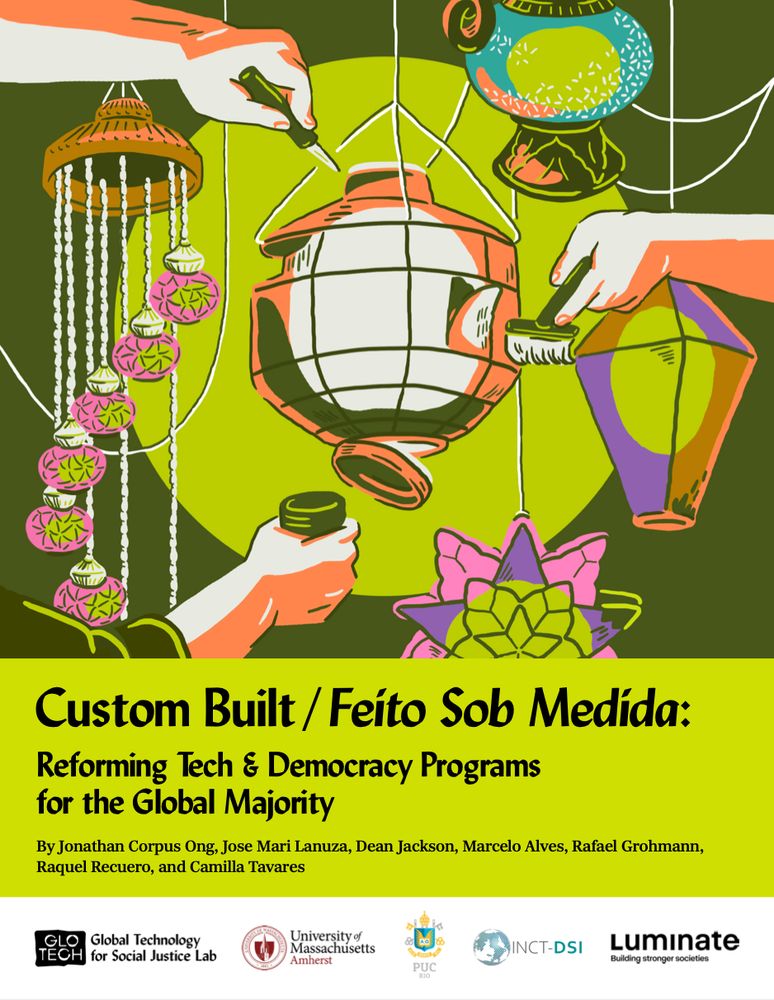Thinking critically about data infrastructures, digital platform content moderation and global security governance. She/her.

www.law.ed.ac.uk/news-events/...
www.law.ed.ac.uk/news-events/...


We hope you'll read, reflect, and share this tool broadly. 1/ citap.unc.edu/wp-content/u...

www.careful.industries/ai-in-the-st...

www.careful.industries/ai-in-the-st...


